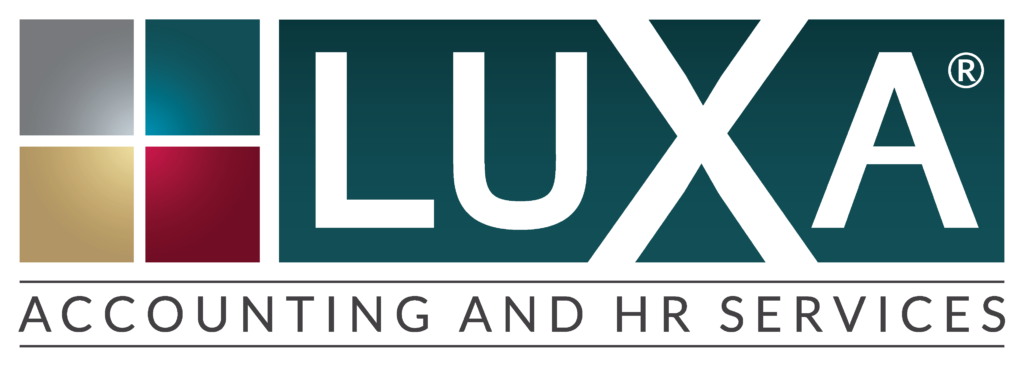Not a time to under-estimate Tulsa small business accounting needs
Some of the joys of owning and running a business are freedoms to create and enterprise business strategies and systems under your full control. You get to call the shots and reap the rewards. What happens when you miscalculate or underestimate your economic outcome? Being in charge also means being responsible. Knowing this, many business owners still manage to tackle complicated business finances such as tax preparation and accounting that can have devastating consequences if the calculations are askew.
CNBC hit show “The Profit” documented the story of a NY meat processing plant that was just days before closing it’s doors. Investor and business analyst, Marcus Lemonis, was brought in to save one of the oldest meat processing plants in Brooklyn from bankrupcy. Even though the plant was bringing in $50 million in sales annually the business was still struggling at showing any profits.
What was the problem?
Cash-flow, outstanding receivables, and a high inventory were evaporating any liquid assets they had left.
So how did Lemons fix the problem?
With $2 million in total payables, $1 million in inventory, $4 million in outstanding receivables, $4-5 million in total assets and $5.5 million in liabilities the quick fix was a cash investment to inject into the books and an internal processes audit. However, what was really at the root cause of the problem came in how they managed their accounting. Poor account receivable practices and shoddy accounting almost caused the jobs of 50 employees and a legacy business.
Aligning your business practices with trusted financial specialists may not always be within your budget but it’s worth a consultation call. Before you do that, here a few tips we tell our clients when we discuss financial practices for their business:
1. Make sure your payroll tax payments are current
It’s not uncommon for small business owners to decide to perform their own payroll, especially if they only have a few employees. However, payroll taxes are not as simple as one would hope. Rates change almost every year, as do caps for unemployment. Late payments and incorrect filing can incur penalties and interest. Most of all, incorrect payroll processing may trigger an IRS audit, which is time consuming and potentially expensive.
2. Get to know your financial statements…know them well.
Many financial indicators are available through a combination of the income statement and balance sheet. Often, it’s a question of where to look or understand what the numbers mean. It’s not uncommon for business owners to get lost in the accounting jargon or not be fully versed in reading financials. It is always recommended that a new business owner take an ‘accounting 101’ class to become familiar with the basics, in order to read and recognize trouble spots in the financials.
3. Improve your cash-flow position
Hand in hand with understanding financials is the task of managing financials. Just because the profit & loss statement looks fine for a given month does not mean cash flow is equally healthy. Cash could be tied up either by customers who have not paid yet, vendors who require a deposit, or quarterly/ monthly tax payment monies that need to be set aside for future payment. Keeping an eye on the company’s ‘cash’ position is a very important piece of the financial management that can easily be overlooked.
4. Open up the books to someone you trust
You’ve created and nurtured your company. Way to go! You should be proud of being an entrepreneur. But to think that no one else can determine a profitable and sound money strategy but you is unrealistic. Bankers can, Auditors can, the IRS can; your accounting partner can – as long as they understand how to manage financials in a GAAP (generally accepted accounting principles) compliant manner. Accounting is quite standard, contrary to what many business owners fear. Though there might be a unique front end processes to a business, the manner in which payables should be paid and revenues recorded are governed by accounting rules that apply universally.
So in conclusion, in order to be prepared for 2015, get your small business finances in order and avoid some of the common pitfalls. You invested time and resources for your company to be in business. More than likely you have people that depend on you. Take the extra steps to stay compliant and never underestimate the groups that offer financial advice to be a part of your success.



